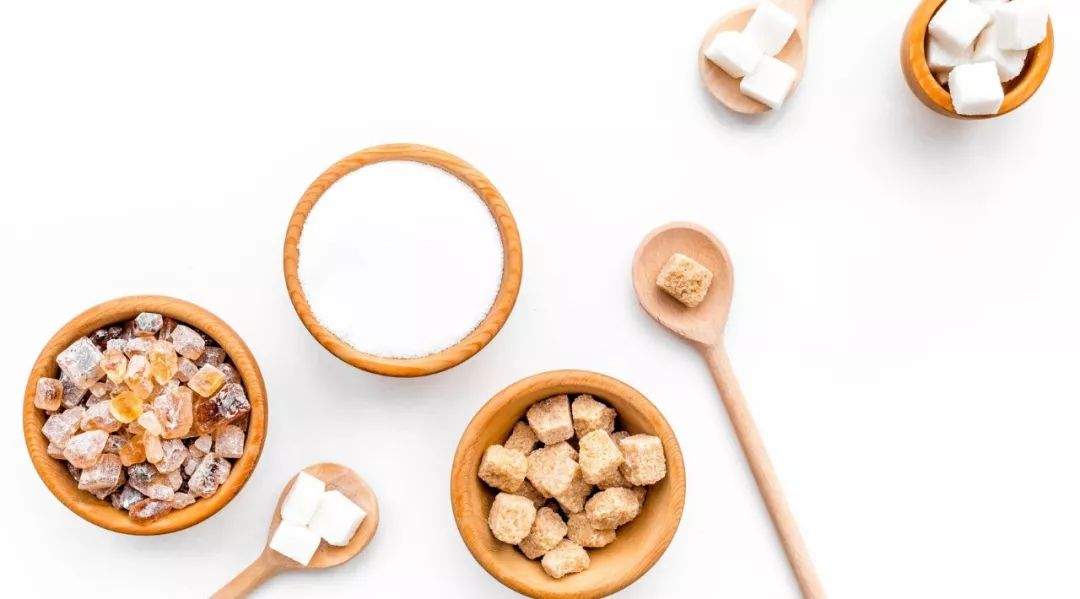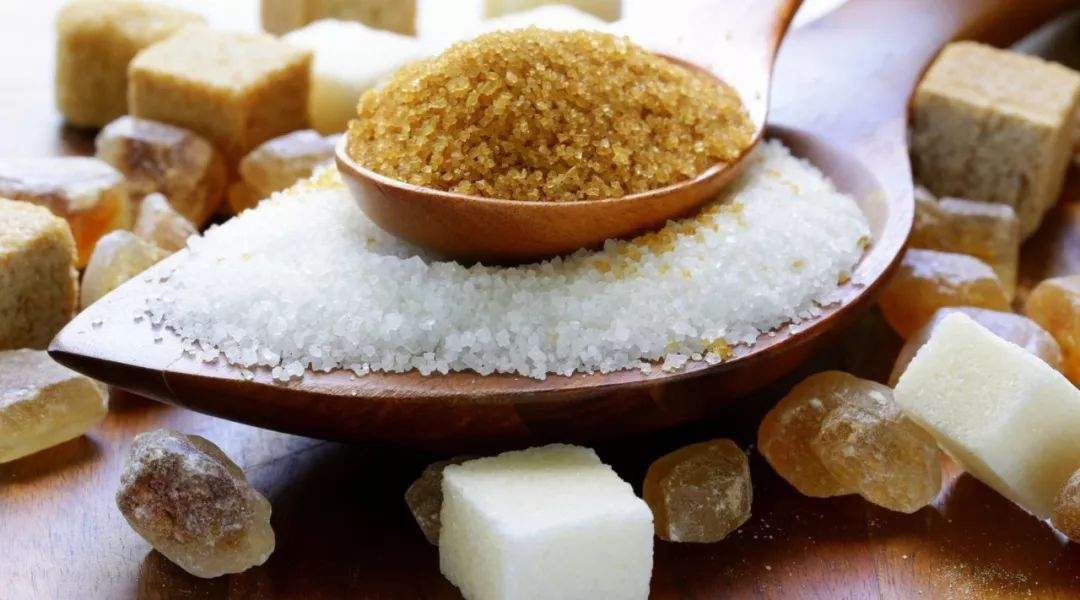Sugar, as an energy supply nutrient, is very important to the baby.
Many mothers will worry that their babies will not eat too much polysaccharide, but in fact there are many kinds of sugar.
In particular, the sugar in milk powder is simply multifarious.
It is really not easy to fully understand.
There is more sugar in milk powder than you think!
In addition to the ingredients with sugar in their names, such as [lactose], [fructose], [lactulose] and [corn syrup], other ingredients, such as [maltodextrin], are actually sugar!
Different sugars have different effects and have both advantages and disadvantages.
Mothers need to pay more attention when choosing, the absence of the word [sugar] does not mean no sugar!
Do you want to eat less sugar in milk powder?
It’s not.
In fact, sugar has many positive effects on the baby, such as providing energy for the baby’s daily activities and meeting the nutritional needs of the baby during its growth.
It is very necessary to eat some sugar that is beneficial to the growth and development of the baby.
For example, lactose.
As a sugar that infants can easily digest and absorb, lactose can provide energy for baby’s activities and promote calcium absorption in intestinal tract.

Therefore, lactose has become the first choice for carbohydrate addition in infant formula milk powder.
China also has a clear standard for lactose content in milk powder. The lactose content of stage 1 ordinary formula milk powder must account for 90% or more of carbohydrate.
According to the latest national standard for infant formula foods (draft for comments), lactose should be the first choice for carbohydrate sources in the 2-stage common formula milk powder, of which lactose should account for 90% or more of the total carbohydrate. Lactose in the 3-stage common formula milk powder should also account for 50% or more of the total carbohydrate.
When choosing milk powder, one should keep one’s eyes open and pay attention to the addition of sugar, which is not a breast milk ingredient.
For example, sucrose, fructose, corn syrup, etc. When they appear on milk powder, they must be paid attention to.

As carbohydrates, they are widely used in milk powder.
However, compared with lactose, they have higher sweetness and lower nutritional value. Long-term consumption is easy to aggravate the baby’s taste and increase the risk of tooth decay and dental caries.
When choosing milk powder, the content of these sugars is better to be lower.
To sum up:
A better source of carbohydrate (sugar): lactose…
Sources of carbohydrate (sugar) needing attention: sucrose, fructose, corn syrup…
Babies should also pay attention to these 4 points when eating sugar.
STEP 1 Don’t eat too early
Try not to take in added sugars other than breast milk ingredients such as white granulated sugar before the baby is one year old, because these sugars not only have sweeter tastes, but also are easy for the baby to develop heavy tastes. Their functions are also limited to providing calories and have low nutritional value.
Step 2: Don’t eat too much
In addition to milk powder, sugar is also consumed in daily life. Among them, the intake of [free sugar] needs to be paid attention to.
According to the World Health Organization, free sugar is naturally found in honey, syrup, fruit juice and concentrated fruit juice.

Considering the harm of free sugar in baby’s energy surplus, weight, dental caries and other aspects, it is recommended to limit its intake.
It should be around 10g per day, preferably not more than 30g.
STEP 3 Don’t eat too late
It is not appropriate to take sugar before going to bed, especially to be careful not to let the baby sleep while sucking the bottle.
This will not only affect the baby’s diet, but also easily increase the risk of dental caries.
Step 4 Rinse your mouth
If fructose, sucrose and other free sugars are added to the three-stage milk powder, parents can guide their babies to wash their mouths after drinking the milk powder.
In addition to the above points, there are many small details that parents need to pay attention to. Only by choosing a milk powder with safer ingredients and matching with a reasonable diet can the baby grow up healthily.
